Have you ever wondered how impactful product reviews really are in eCommerce?
In a survey of 1,000 U.S. customers who shopped online at least once during the year, it was found that better reviews are the #1 factor that drives people to choose a higher-priced option.[*]
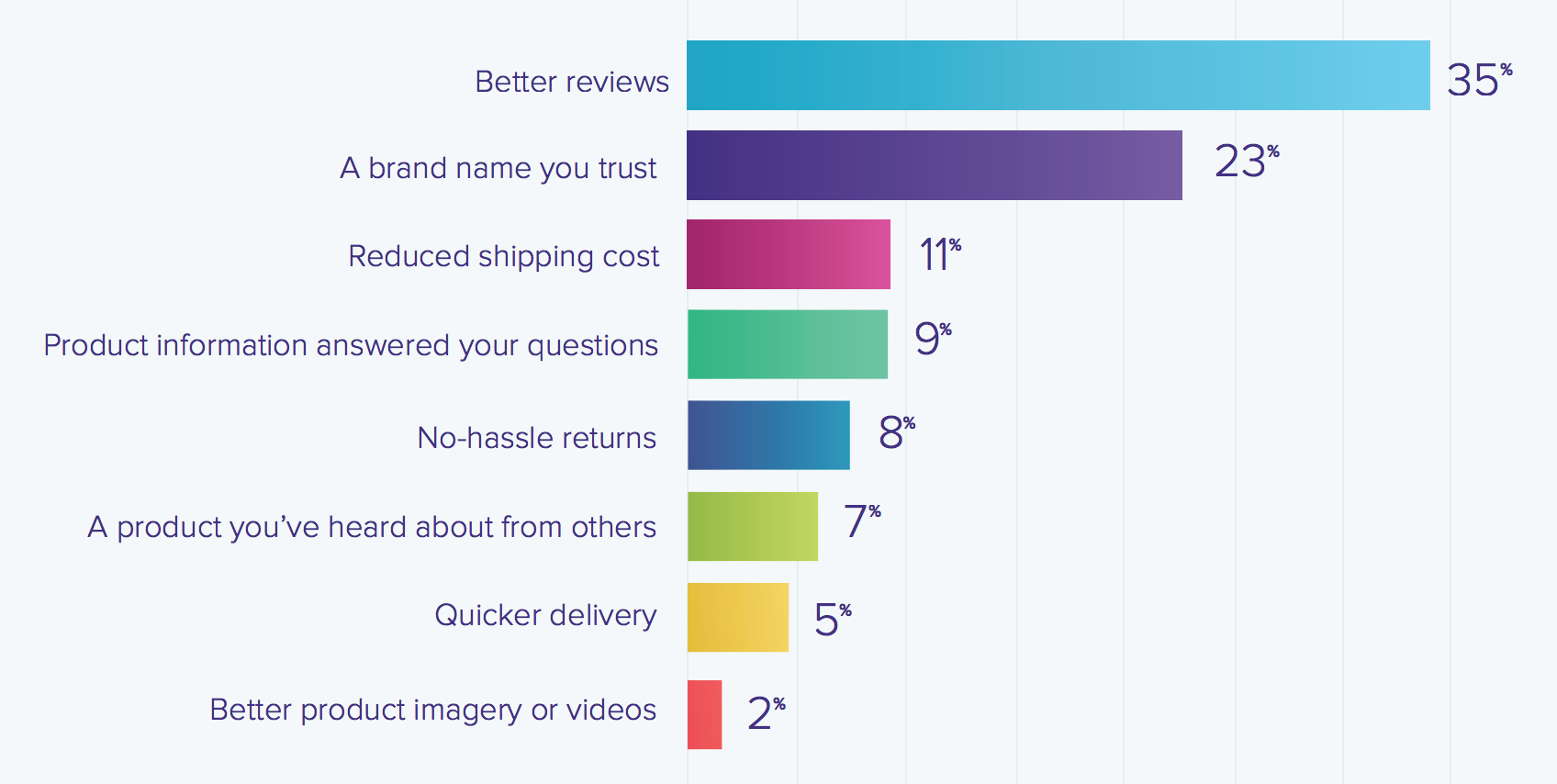
Today we’ll take an in-depth look at eCommerce product reviews and everything you need to know to get them to work in your favor.
%(tableofcontents)
Why You Need Product Reviews
So the first question you might ask is: why product reviews?
What makes them so vital in eCommerce?
To get straight to the point, it’s not enough these days to offer a product with the promise of satisfaction, backed by your word alone.
Customers crave knowing what others think about the product they’re about to purchase. User-generated content (UGC) provides reassurance to customers on the fence about a product. For example, if you saw the same product with 443 reviews versus 3 reviews, which would you buy?
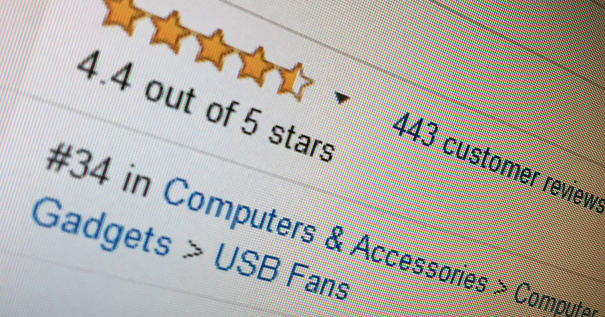
Many people spend a chunk of time sifting through reviews before pressing the “Add to cart” button. It’s because of those reviews that many have decided to commit to their purchase after getting a feel for the product based on what others think.
There's a difference between selling your product yourself, and selling your product through product reviews. One form of review is customers taking pictures of your product. These pictures give prospective customers a visual representation of what they’ll be getting — giving the customer a view of the product before a professional editor using Photoshop made changes for advertising purposes.
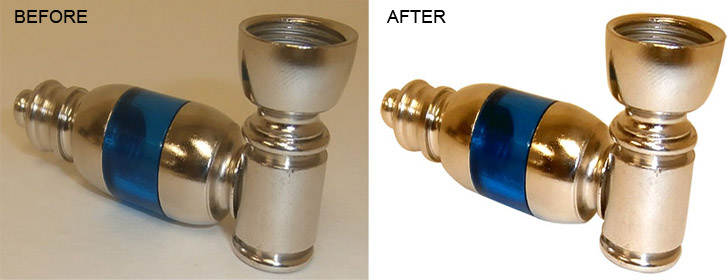
Take a look at the above image. There’s a clear difference between the first “Before” picture when a customer took a photograph of the object, and the “After” image that’s been edited to make it look more presentable.
“Raw” images (images that haven’t been edited) give potential customers a look at what the product looks like outside of the marketing magic of photo editing software. This level of honesty lets potential customers know exactly what they’ll be purchasing.
User-submitted images provide authenticity. Even if the camera they’re using is old, or the lighting isn’t the most appealing, it lets others know that someone has already taken the time to purchase the product, open it up, test it out, and share results.
Some people even post their reviews and images on platforms like YouTube, Facebook, Twitter and Instagram — helping to grow your social media presence without you having to lift a finger.
Let’s take a look at how Apollo Box used product reviews on social media to bring in both “Likes” and new sales with the use of user-generated images:
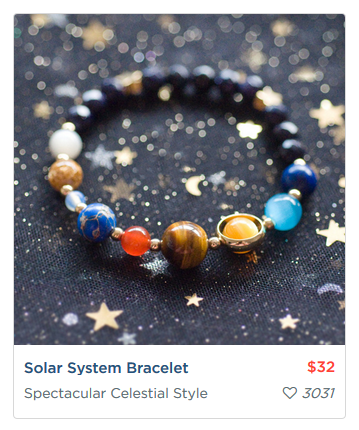
Pictured above is one of Apollo Box’s most popular products that they post about on Instagram. As you can see, it has 3,031 likes. The way it’s been photographed has been edited for marketing purposes, showcasing every accent and small detail to highlight its best features. On their website, Apollo Box also feature images that their customers have taken of the same product:
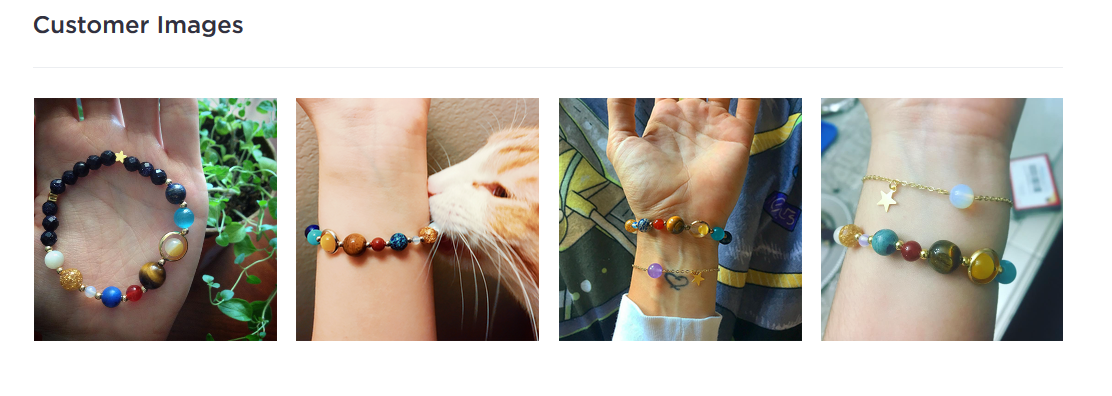
This allows others to see what the actual product looks like through the eyes of people that have purchased it. It gives a sense of credibility and shows social proof this item is worth purchasing.
How To Deal With Negative Reviews
No one would ever dream of wanting a negative review for a product they’re trying to market. However, there’s a particular strategy to reduce the number of negative reviews you get.
It’s called “damaging admission.”
So what exactly is damaging admission? It's the simple idea that you, as a business, acknowledge any shortcomings of your product(s). For instance, who it’s marketed for, any quality control issues, etc. But who in their right mind would sell themselves short like that? Customers typically expect a well-rounded, finished product that they will be satisfied with, right?
Things happen, be it due to human error or production mishaps. Not every product is perfect and sometimes goes through several stages of revisions. As a business, this is where you highlight what you might believe to be a drawback to your product. If you don’t do it, someone else might in the form of a negative review. Don’t fret however, this may work in your favor.
A negative review or two won’t hurt your business if you’re proactive addressing every single one. In fact, replying to every review will show people who haven’t bought from you yet that you care about your customers. There are two types of negative reviews that can help your business:
-
Credible and unbiased negative reviews.
-
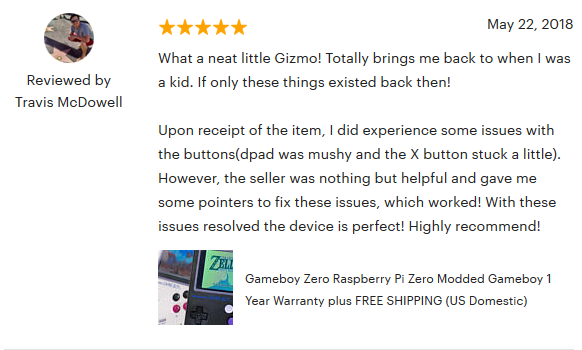
-
Negative reviews that have some purpose and are useful.
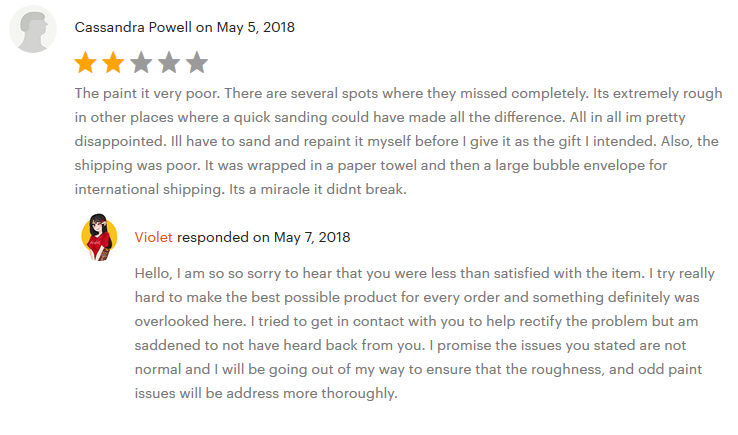
There will be reviews that fail to meet these two requirements, but for the ones that do, those will be the reviews that help you improve your product.
How To Use Feedback To Improve Your Product
Be it a positive or negative review, you can always use others’ feedback to help improve your product.
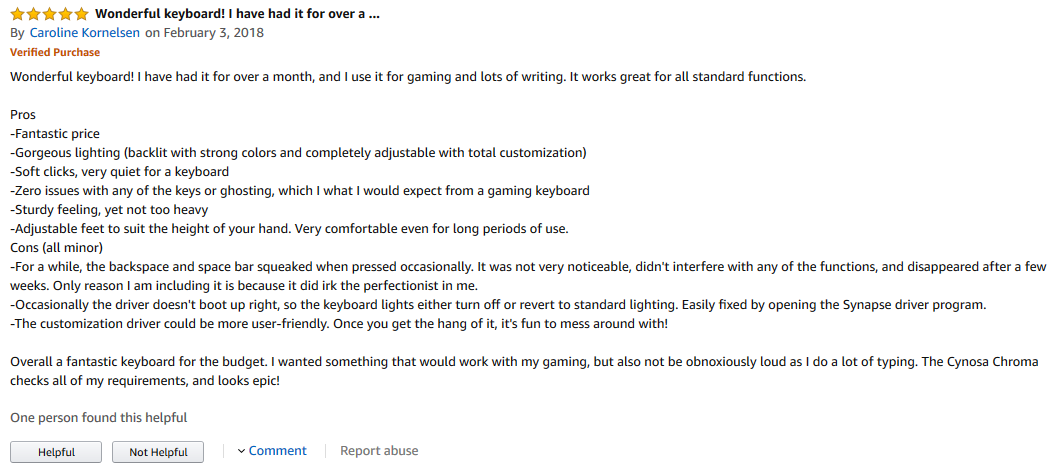
Positive reviews (like the example above) highlight product success. If you receive praise from your customers, often times it creates a sense of euphoria that leads to even better ideas.
Is your product doing well? Are there any ways to make it even better as a way of providing great customer service to your customers, and as a way of saying thanks?
Of course there are! Build upon the positive product reviews you receive and learn to incorporate the feedback that others have contributed.
We’ve already discussed how negative reviews can work for us, but it doesn’t stop there. Thank people for taking the time to point something out to you, or even thank them for purchasing the product in the first place, even if they were unhappy with it.
Use the feedback to offer an even better product. Just be sure to acknowledge any shortcomings not only for your own benefit, but for those that have taken the time to point it out to you in the first place.
How To Offer Incentives For Honest Reviews
So you’ve received a couple of product reviews now, both positive and negative. You’ve drafted several ideas on how to improve your product to ensure better results in the future. What’s next?
Go the extra mile by responding to reviews or purchases with an incentive that encourages customers to make future purchases with your company.
Try things like:
-
Discounts on future purchases for honest reviews.
-
Free promotional items for future product reviews or customer retention and satisfaction.
-
Items that you or other customers feel will compliment a customer’s purchase at a discounted or “promotional combination price.”
Not all third party review platforms allow you to offer incentives for reviews. However you can do what BOOM! does and use this video review page to give people instructions to send you a review from a landing page on your own website.
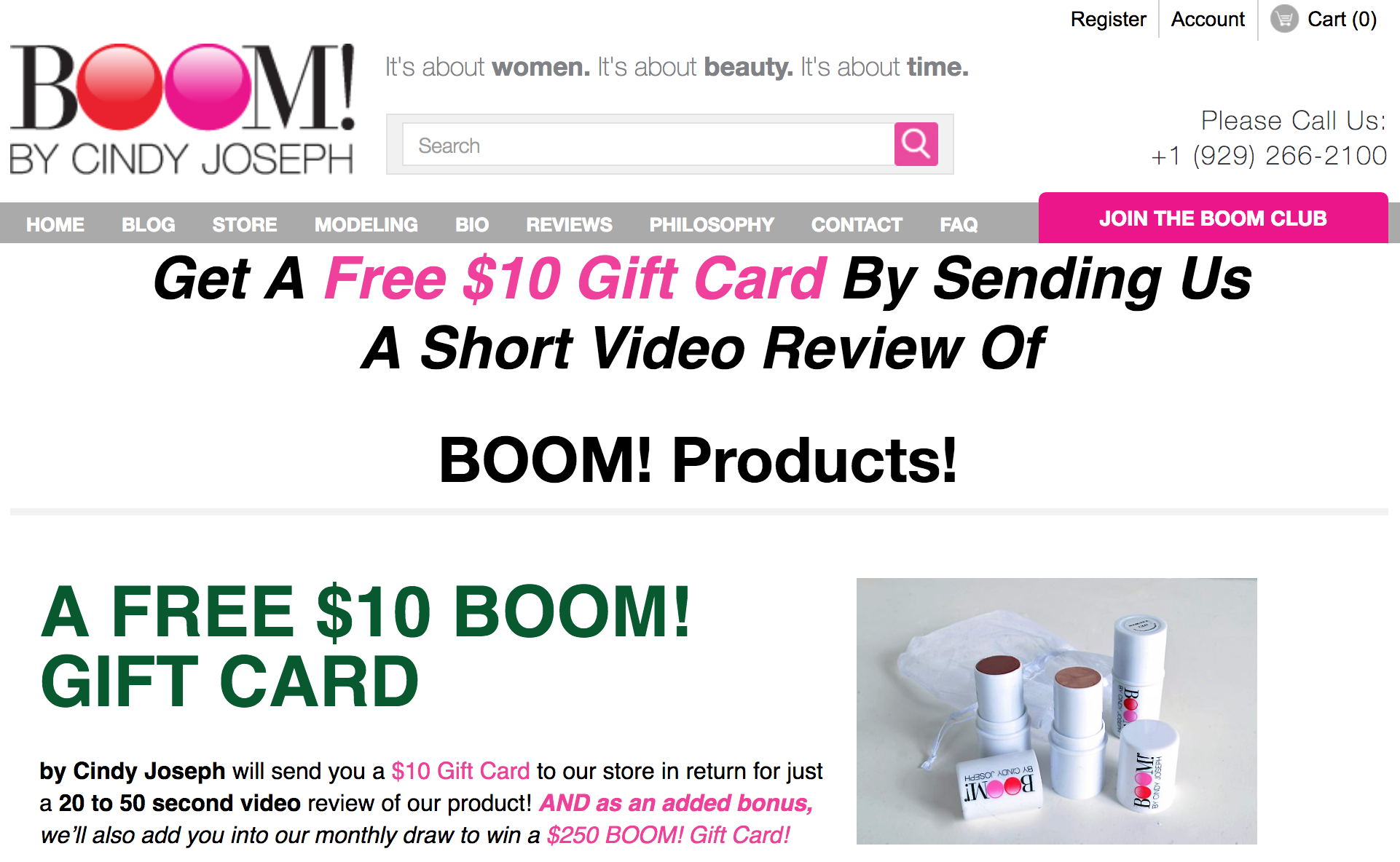
3 Ways To Get Reviews For Your Products
By now you should have a firm understanding of the importance of product reviews, how to deal with negative reviews, how to use feedback to improve your product, and how to offer incentives for honest reviews.
Now it’s time to find out how to get these product reviews, and the best ways to set them up on your page to maximize conversion rates.
-
Email Your Customers: After they purchase your product, trigger an automated email to leave a review. Here’s the email BOOM sends after someone buys one of their products:
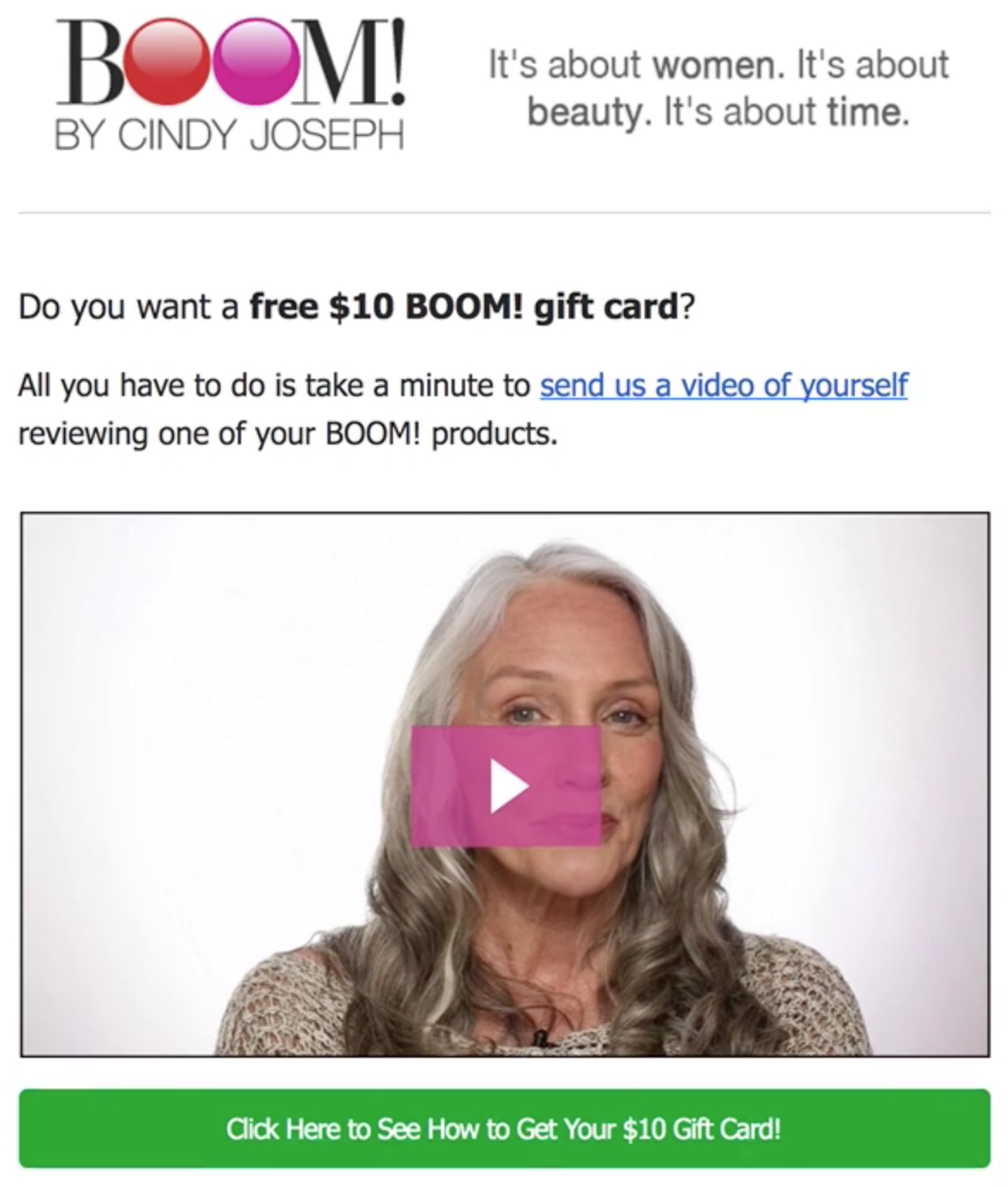
This email gets a 30% open rate, 2% click rate, and has generated BOOM! $1,770 in sales, even though it’s not sending people to the store to buy.
-
Ask Influencers: There are people out there that review very specific things. If your product happens to be in their field, contact them and ask them to review your product for. Here’s an example of where Scentbird reached out to an influencer by searching for “perfume reviews” on YouTube, created a list of targets, then sent this email:

Some influencers will love your product and promote it for free. Others will ask for compensation anywhere from $50+. If you have the budget, consider paying an influencer for a day.
-
Offer A Rewards Program: Some businesses offer rewards points for taking specific actions after purchasing a product. Here’s an example of how Adagio uses a rewards program to give customers 5 points for every product they review. Every 100 points earns the customer $10 to spend in store.
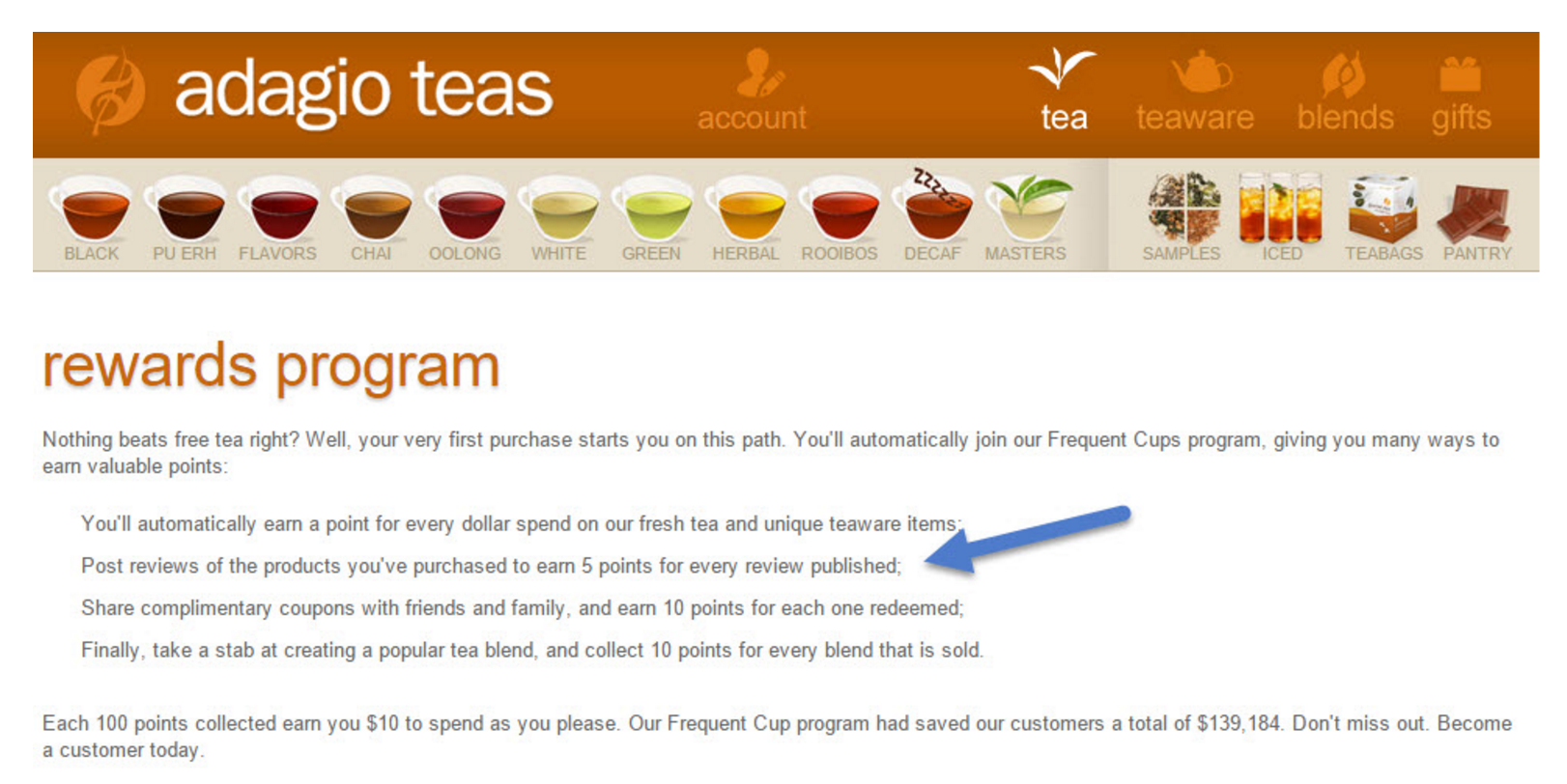
3 Ways To Showcase Reviews For Your Products
After you start receiving reviews, it’s time to make them count. Here are four ways to use your product reviews to generate more sales:
-
Use reviews on your product pages for people to see (try using video reviews for extra social proof). Here’s how BOOM! by Cindy Joseph uses video reviews on their Boomstick Color product page:
-
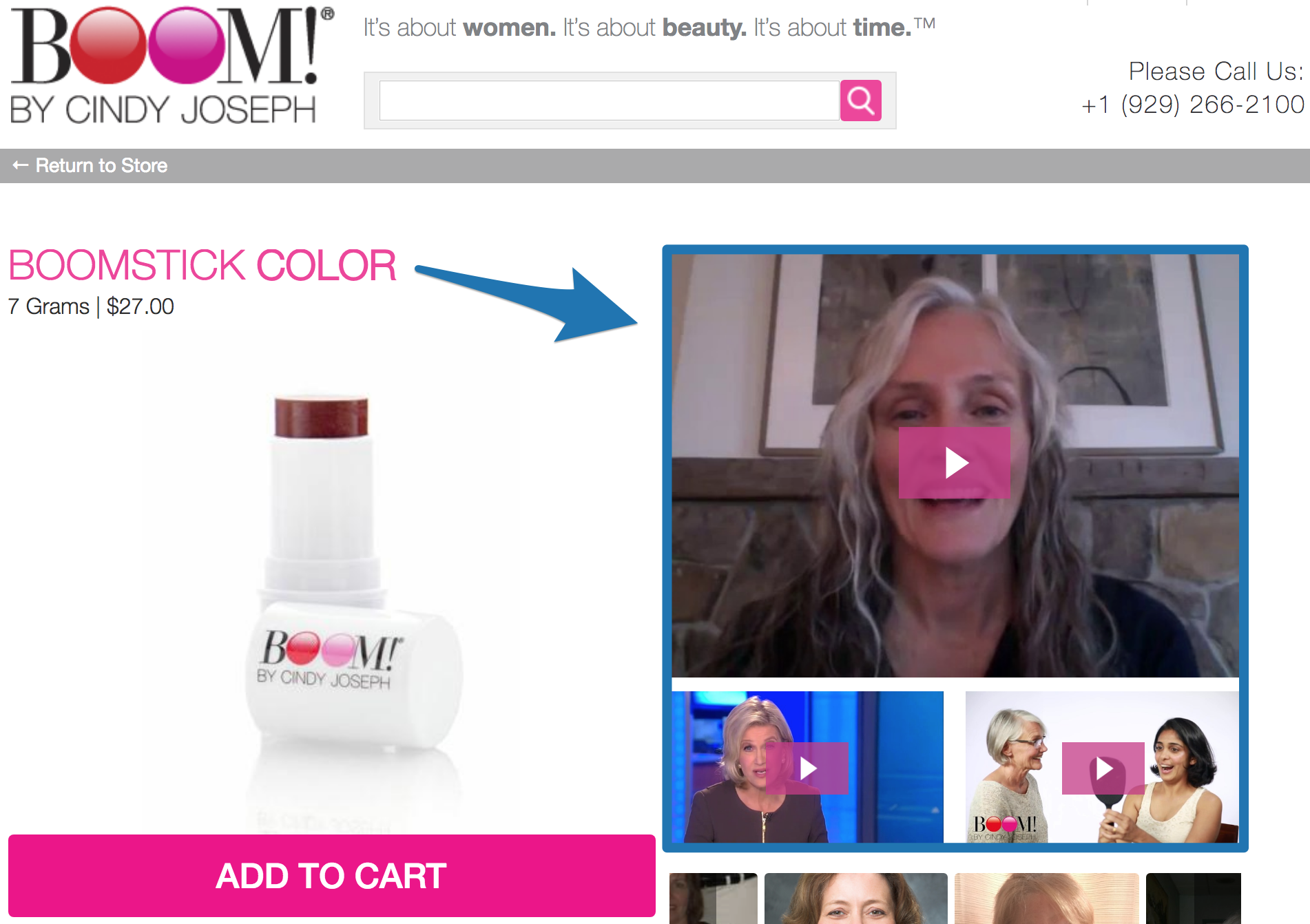
-
Use star ratings for people to see your review score. Check out how Apollo Box showcases product reviews using a star-rating system:
-
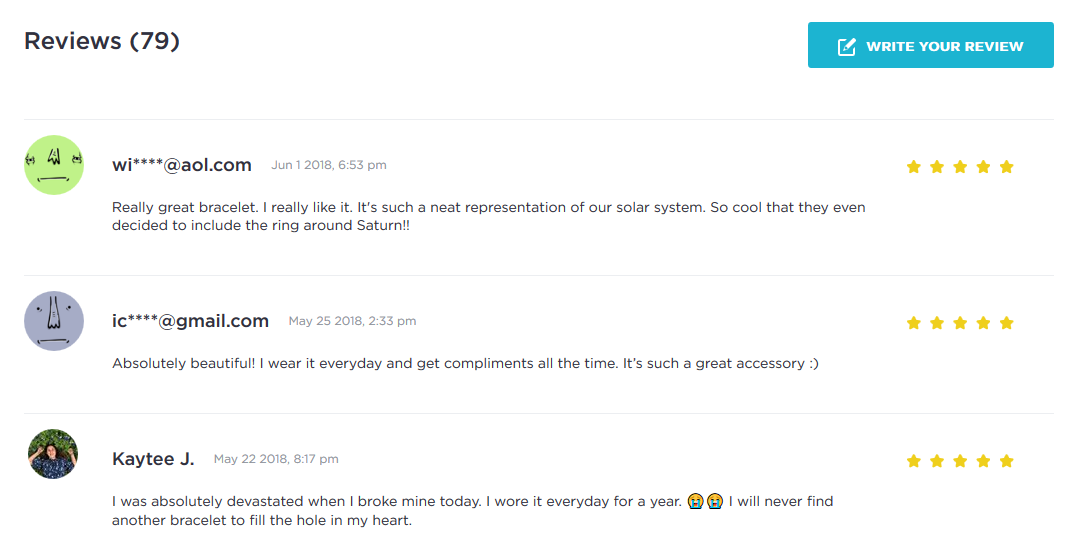
-
Use screenshots of reviews that haven’t been touched up via software. Here’s another example by Apollo Box of how they showcase images on their homepage that customers have uploaded:
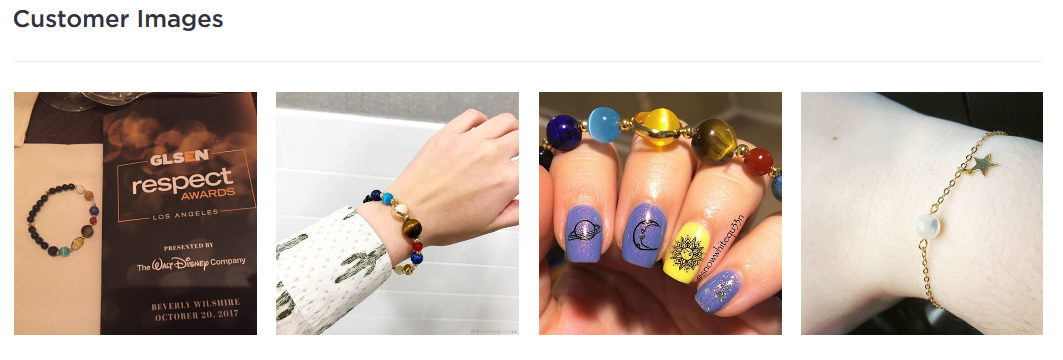
6 Key Takeaways To Increase Your Product Reviews
-
User-generated content works! It promotes authenticity and a second opinion, plus it builds trust with your customers.
-
Don’t be afraid of negative reviews. Often unbiased negative reviews will help you shape the kind of product you want to put out.
-
Build on what you have. Use your product reviews to improve your product for future releases.
-
Consider incentives as a means of thanking customers for giving you an honest review. They might come back for more.
-
Reach out to your customers via email for reviews. Or alternatively, provide customers with something shareable to share on social media, ask influencers to review your product, or offer a rewards program.
-
Strategically place your product reviews on your front page and product pages.
There’s an honest difference between a positive 5-star and a negative 1-star review, but even the smartest of eCommerce businesses will incorporate product reviews into their marketing strategy, without panicking over the 1-star review.
What’s one thing you’re going to do to increase your number of product reviews?
Add A Comment
VIEW THE COMMENTS